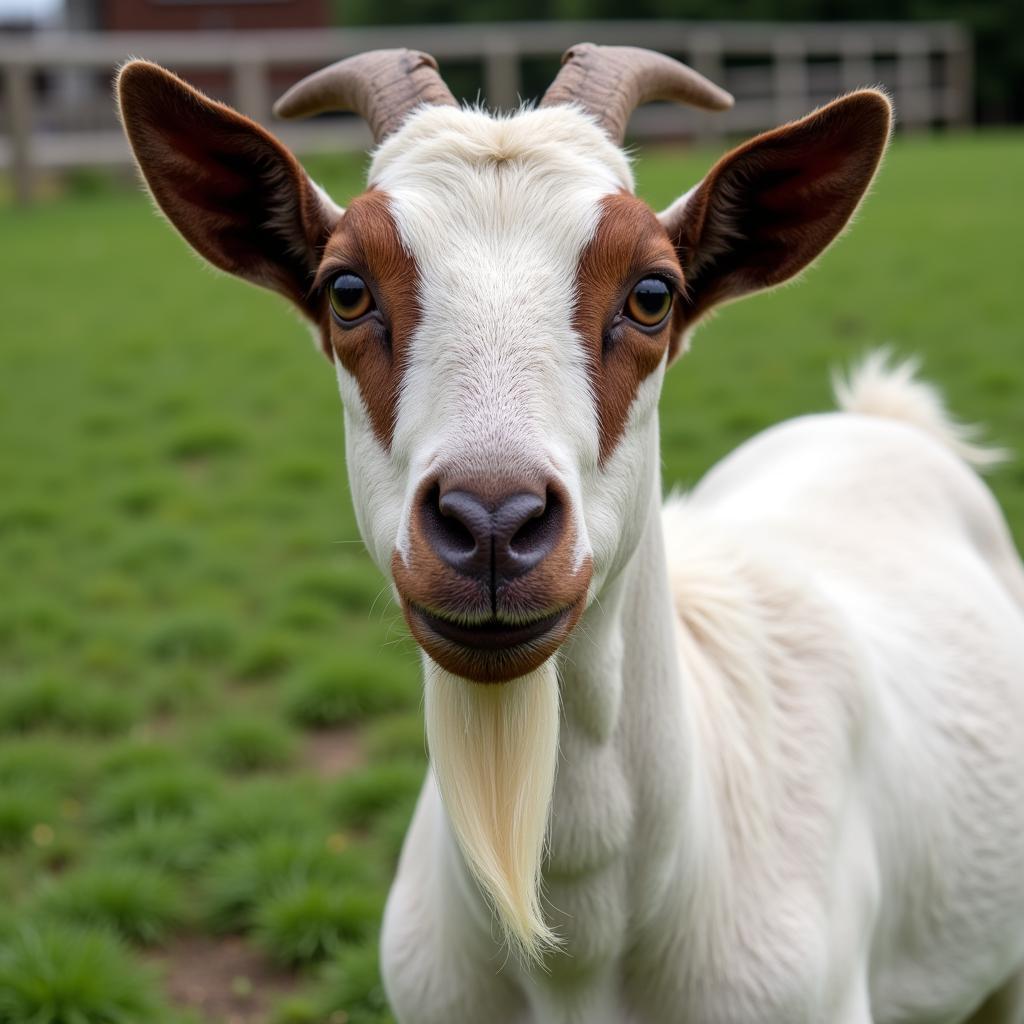Unlocking the Secrets to Thriving African Hair: A Comprehensive Guide to Growth
From the vibrant curls of the Senegalese twists to the intricate braids of the Fulani people, African hair is a symbol of beauty, strength, and cultural heritage. But achieving healthy, long, and luscious locks can be a journey filled with challenges, especially in the face of cultural misconceptions and product marketing geared towards European hair types.
This comprehensive guide dives deep into the world of African hair growth, debunking myths and offering practical advice for fostering vibrant, thriving hair. We’ll explore natural remedies, dietary tips, and the importance of understanding your hair’s unique needs.
Get ready to embark on a journey of self-discovery and unlock the secrets to unlocking your hair’s full potential.
Understanding Your Hair: The Foundation for Growth
Before diving into specific techniques, let’s lay a strong foundation by understanding the unique characteristics of African hair. Our hair is naturally kinky, coily, and tightly curled, which leads to several factors that can impact growth:
- Porosity: African hair is often more porous, meaning it absorbs moisture readily but also loses it quickly. This can lead to dryness and breakage if not properly managed.
- Density: The tightly coiled nature of our hair makes it appear denser, with more strands per square inch compared to straight or wavy hair. This can make it challenging to penetrate products into the scalp.
- Hair Growth Cycle: While the hair growth cycle is the same for everyone, African hair may experience a shorter anagen (active growth) phase, leading to a perceived slower growth rate.
Natural Remedies: Nourishing from Within and Out
Harnessing the power of nature is a cornerstone of traditional African practices. These natural remedies have been passed down through generations, offering proven solutions for healthy hair growth:
1. The Power of Oils:
- Coconut Oil: Rich in lauric acid, coconut oil penetrates the hair shaft, providing deep moisture and strengthening the hair from root to tip.
- Olive Oil: This versatile oil boasts a high concentration of oleic acid, promoting hair growth and reducing breakage.
- Castor Oil: Known for its stimulating effects on the scalp, castor oil can increase blood circulation, promoting follicle activity and hair growth.
Expert Tip:
“I always recommend a hot oil treatment once a month to deeply nourish and condition my clients’ hair,” says renowned hairstylist Abeni Omotola, “This helps to prevent breakage and enhance overall hair health.”
2. The Magic of Herbs:
- Fenugreek Seeds: These tiny seeds are packed with protein and nicotinic acid, promoting hair growth and preventing hair loss.
- Hibiscus Flower: This vibrant flower has been used for centuries in Africa to strengthen hair, add shine, and promote growth.
- Aloe Vera: Its soothing and hydrating properties calm the scalp and nourish the hair follicles.
Expert Tip:
“Using a blend of hibiscus flower and aloe vera as a hair mask is a time-tested African beauty secret,” shares hairstylist and entrepreneur, Chuma Ndukwe. “This concoction revitalizes the scalp and leaves the hair feeling soft and manageable.”
Dietary Delights: Fueling Hair Growth from the Inside
The beauty of our hair starts from within. Adopting a healthy diet rich in essential nutrients is crucial for fostering optimal hair growth.
- Protein: As the building blocks of hair, protein is essential for healthy hair growth. Include lean meats, fish, eggs, beans, lentils, and nuts in your diet.
- Biotin: This B vitamin is crucial for hair growth, promoting keratin production and preventing hair loss. Sources include eggs, almonds, sweet potatoes, and salmon.
- Iron: Iron is vital for red blood cell production, carrying oxygen to the scalp and nourishing hair follicles. Lean red meat, leafy green vegetables, and beans are rich sources.
Maintaining Healthy Hair: A Daily Routine for Success
Consistency is key when it comes to nurturing your hair. Here are some daily practices to incorporate:
- Gentle Washing: Avoid harsh sulfates that strip your hair of its natural oils. Opt for moisturizing shampoos designed for African hair.
- Deep Conditioning: Regularly replenish your hair’s moisture with deep conditioners, applying them at least once a week.
- Moisturizing: Keep your hair hydrated with a leave-in conditioner or hair oil.
- Detangling: Use a wide-tooth comb or detangling brush to gently detangle your hair when wet.
Embracing the Journey: Patience and Consistency Are Key
Growing healthy African hair is a journey, not a race. Be patient with yourself, and remember that progress is gradual.
- Celebrate Small Wins: Notice those subtle changes – a little more volume, a bit less breakage – and appreciate the progress you’re making.
- Seek Professional Guidance: Consult a hairstylist specializing in African hair to receive personalized advice and tips for your specific hair type.
Frequently Asked Questions
- What are the best hair growth products for African hair? There is no one-size-fits-all answer, as each individual’s hair needs are unique. Consult a hairstylist specializing in African hair for personalized product recommendations.
- How often should I trim my hair? Regular trims are important to remove split ends and promote healthy growth. Aim to trim your hair every 8-12 weeks.
- What are some common hair growth myths to avoid? Avoid products claiming to “grow hair overnight,” as these often contain harmful chemicals. Focus on sustainable practices and healthy habits.
- Is it true that African hair grows slower than other hair types? The hair growth cycle is the same for everyone. However, African hair’s tightly coiled structure can make it appear that it grows slower due to breakage.
Remember, achieving your hair growth goals is a journey of self-discovery and nurturing. Embrace your natural beauty, experiment with different techniques, and celebrate the vibrant legacy of African hair.
